Meet some of the children from across the UK whose lives have been changed by Great Ormond Street Hospital
Ever since GOSH opened its doors in 1852, it has always been a 'hospital for the whole country'
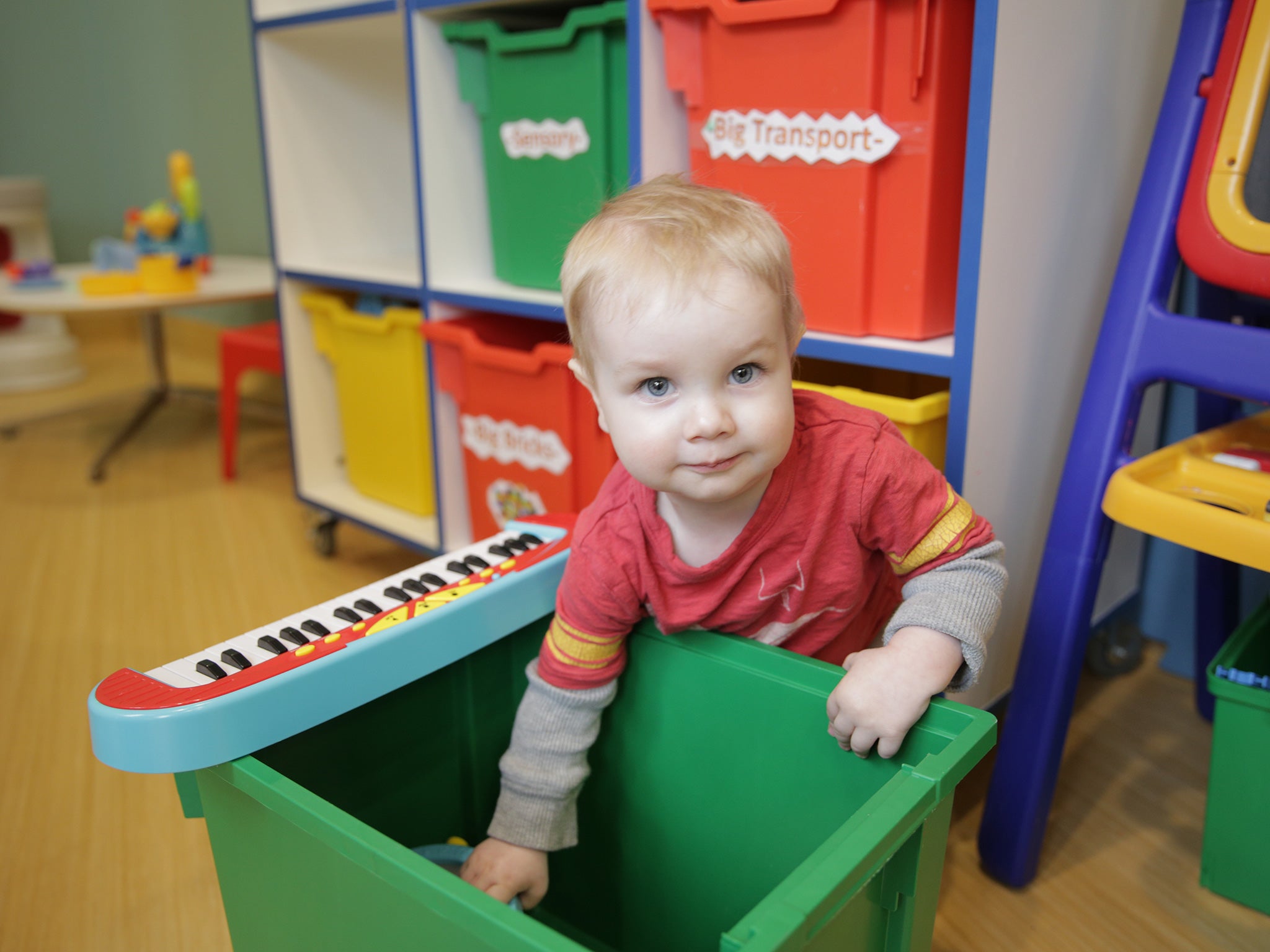
Your support helps us to tell the story
From reproductive rights to climate change to Big Tech, The Independent is on the ground when the story is developing. Whether it's investigating the financials of Elon Musk's pro-Trump PAC or producing our latest documentary, 'The A Word', which shines a light on the American women fighting for reproductive rights, we know how important it is to parse out the facts from the messaging.
At such a critical moment in US history, we need reporters on the ground. Your donation allows us to keep sending journalists to speak to both sides of the story.
The Independent is trusted by Americans across the entire political spectrum. And unlike many other quality news outlets, we choose not to lock Americans out of our reporting and analysis with paywalls. We believe quality journalism should be available to everyone, paid for by those who can afford it.
Your support makes all the difference.For most families a trip to London is an adventure, a chance to play tourists in their own country, but for thousands of children a year, a trip to London means a visit to Great Ormond Street Hospital (GOSH).
The hospital is one of a handful of specialist tertiary hospitals in Britain. It s patients are not just children from London and the South-east of England; they come from across the UK and have been referred to GOSH for treatment by one of the hospital’s 51 specialist teams.
Ever since the hospital opened its doors in a small terraced house on Ormond Street in 1852, it has always been a “hospital for the whole country”, says Professor Martin Elliott, a senior consultant. And today, that is still the case with more than 50 per cent of its patients coming from outside London.
“An enormous number of our referrals come from other specialists hospitals when doctors are in need of a second, third or even fourth opinion,” says Professor Elliott. “And while calling us the hospital of last resort isn’t quite right, this is certainly the place where families come when they can’t get their problem solved elsewhere.”
Here are just some of the thousands of children from across the UK who’ve received life-saving or life-changing treatment at GOSH:
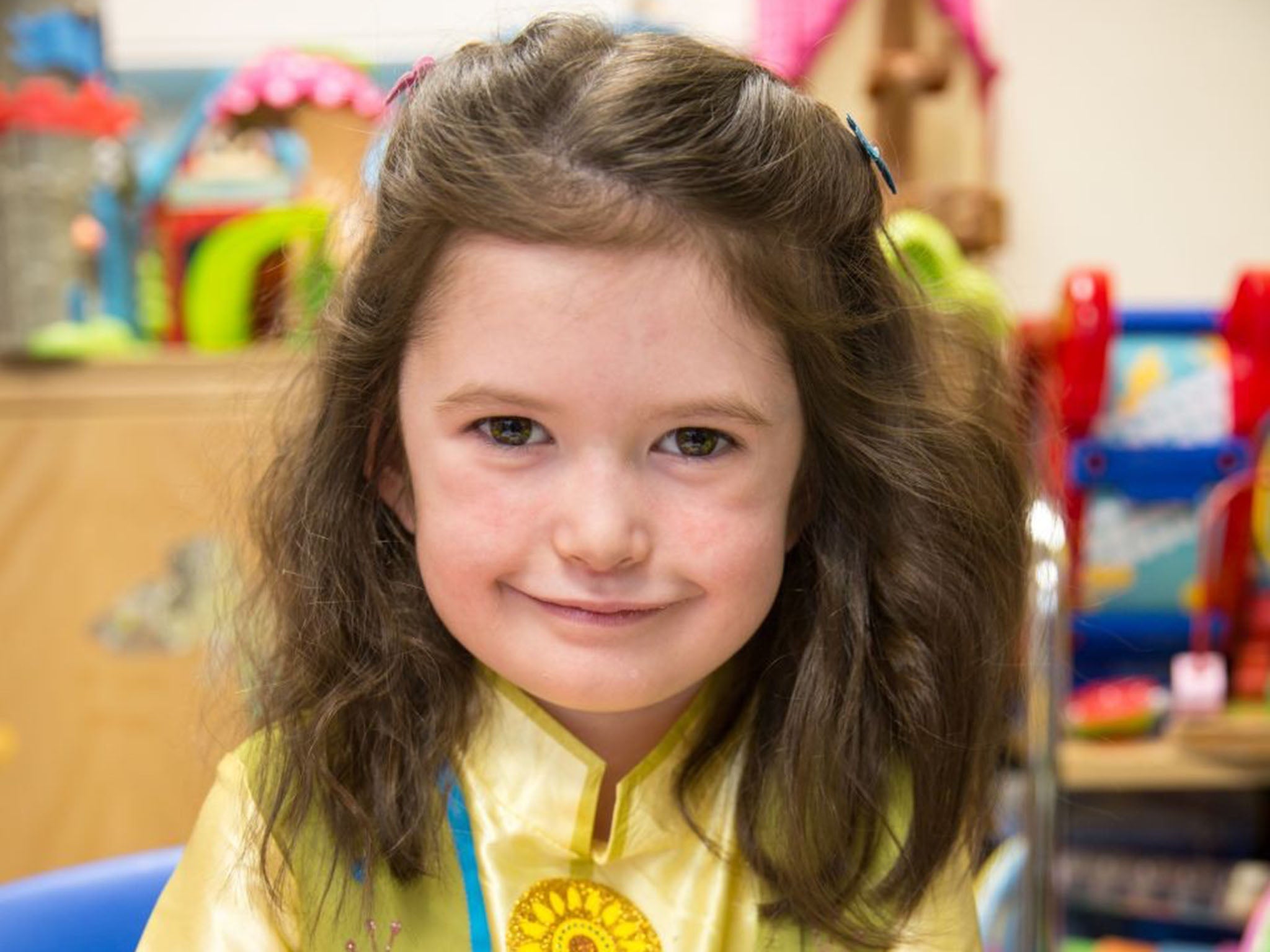
Katie Parke, aged 7, Londonderry, Northern Ireland
Pulmonary alveolar proteinosis: Katie needed treatment at GOSH for the rare respiratory condition after being referred from the Royal Belfast Hospital for Sick Children.
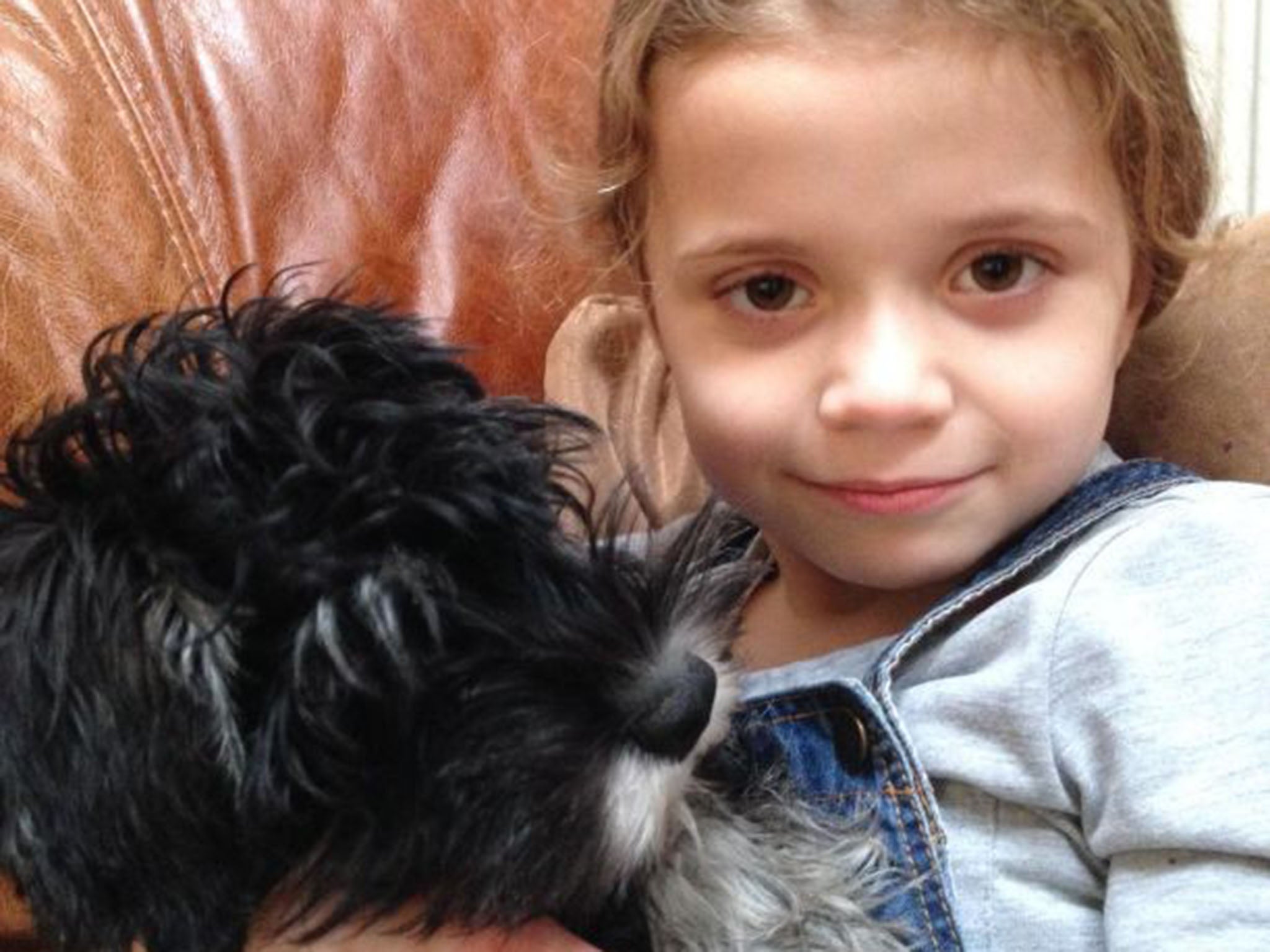
Morven McKendrick, aged 9, Bearsden, Scotland
Klippel-Trenaunay syndrome: Morven, who was born with the rare condition, came to GOSH aged two for more than 20 procedures including tendon lengthening.
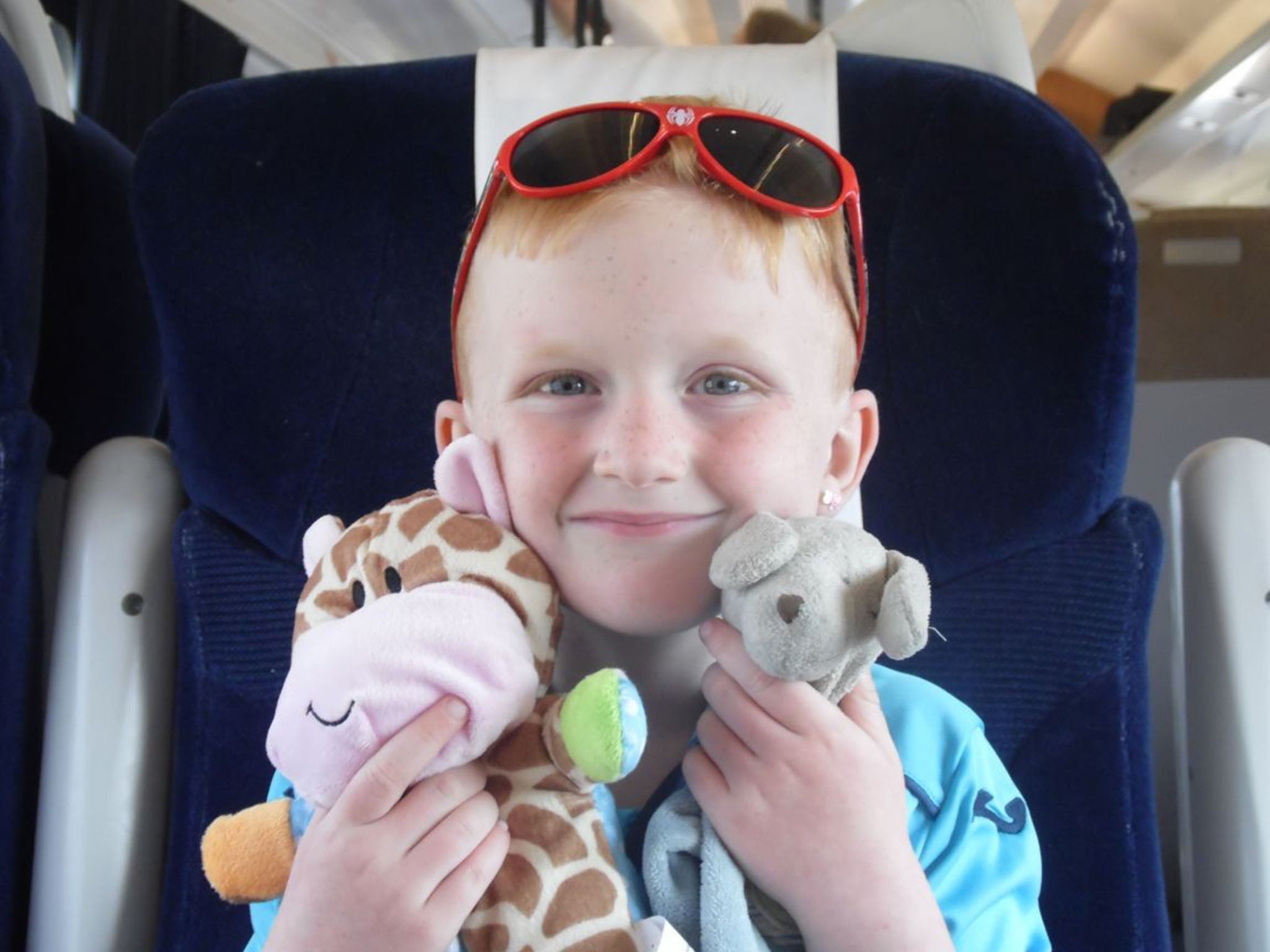
Kian Rafferty, aged 6, Fife, Scotland
Bladder exstrophy: Kian’s bladder formed outside his body and he had to spend weeks at GOSH where he has had eight corrective operations, including one to create his belly button.
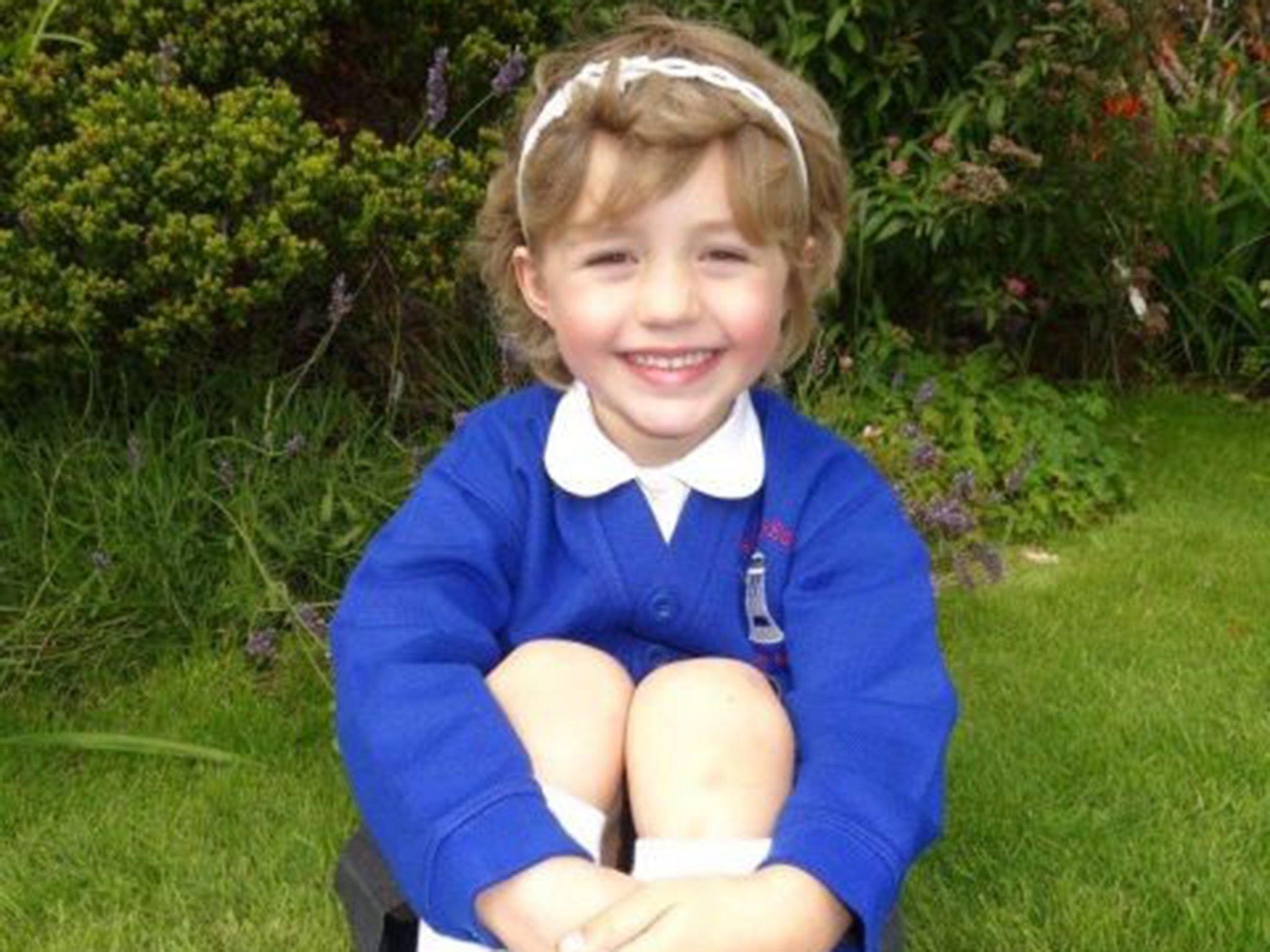
Cristina MacFadden, aged 5, St Bees, Cumbria
Wilms tumour: Cristina was first treated in Cumbria, when her parents noticed her tummy swelling. Kidney tumours were found and she moved to GOSH for surgery; her family were able to stay in charity accommodation.
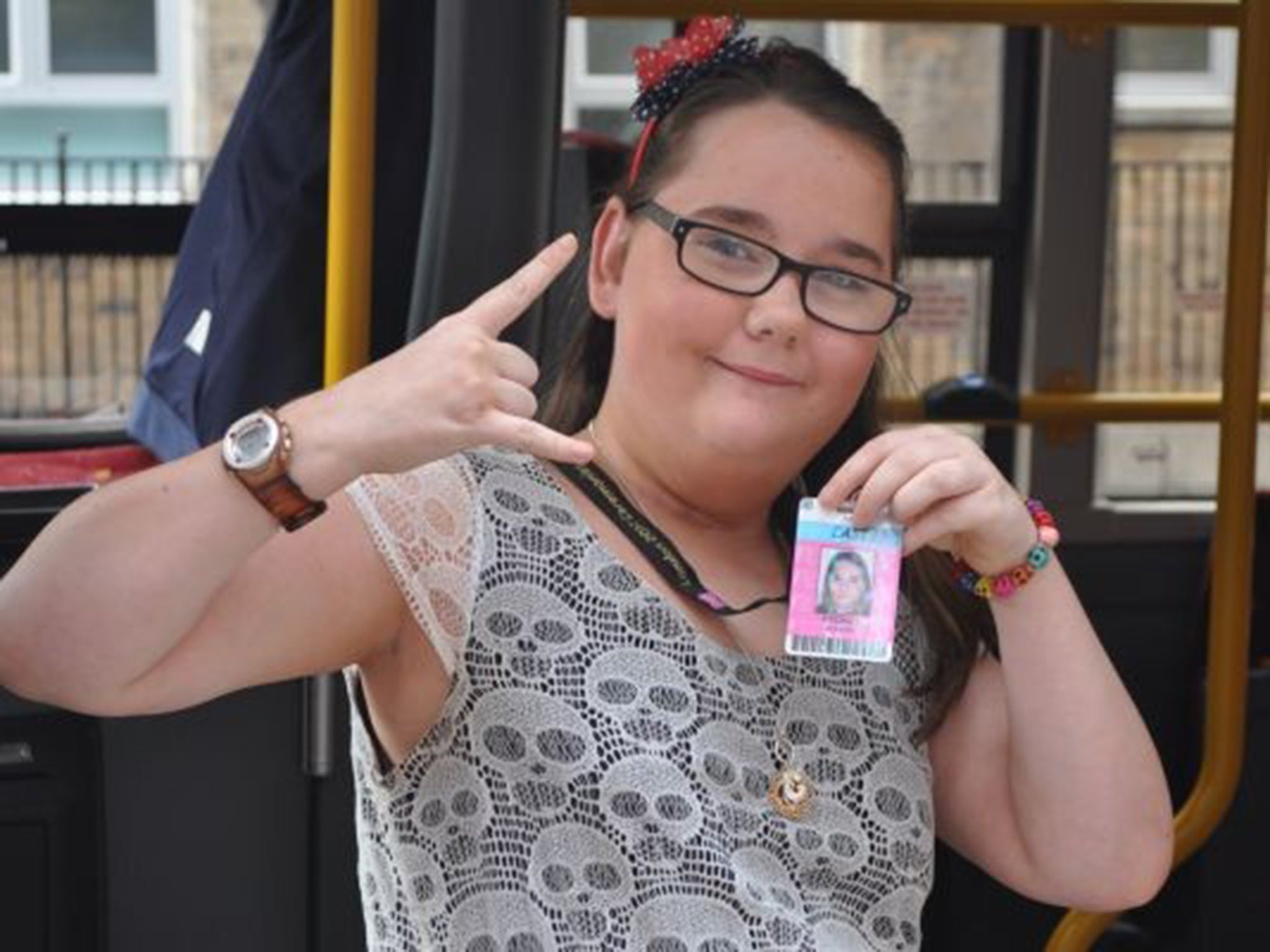
Cydney Bourne, 15, STockton-on-Tees, Durham
Tracheal stenosis: Cydney was born 16 weeks prematurely and needed urgent treatment at GOSH for stenosis to her trachea. She will return to GOSH in February for more surgery.
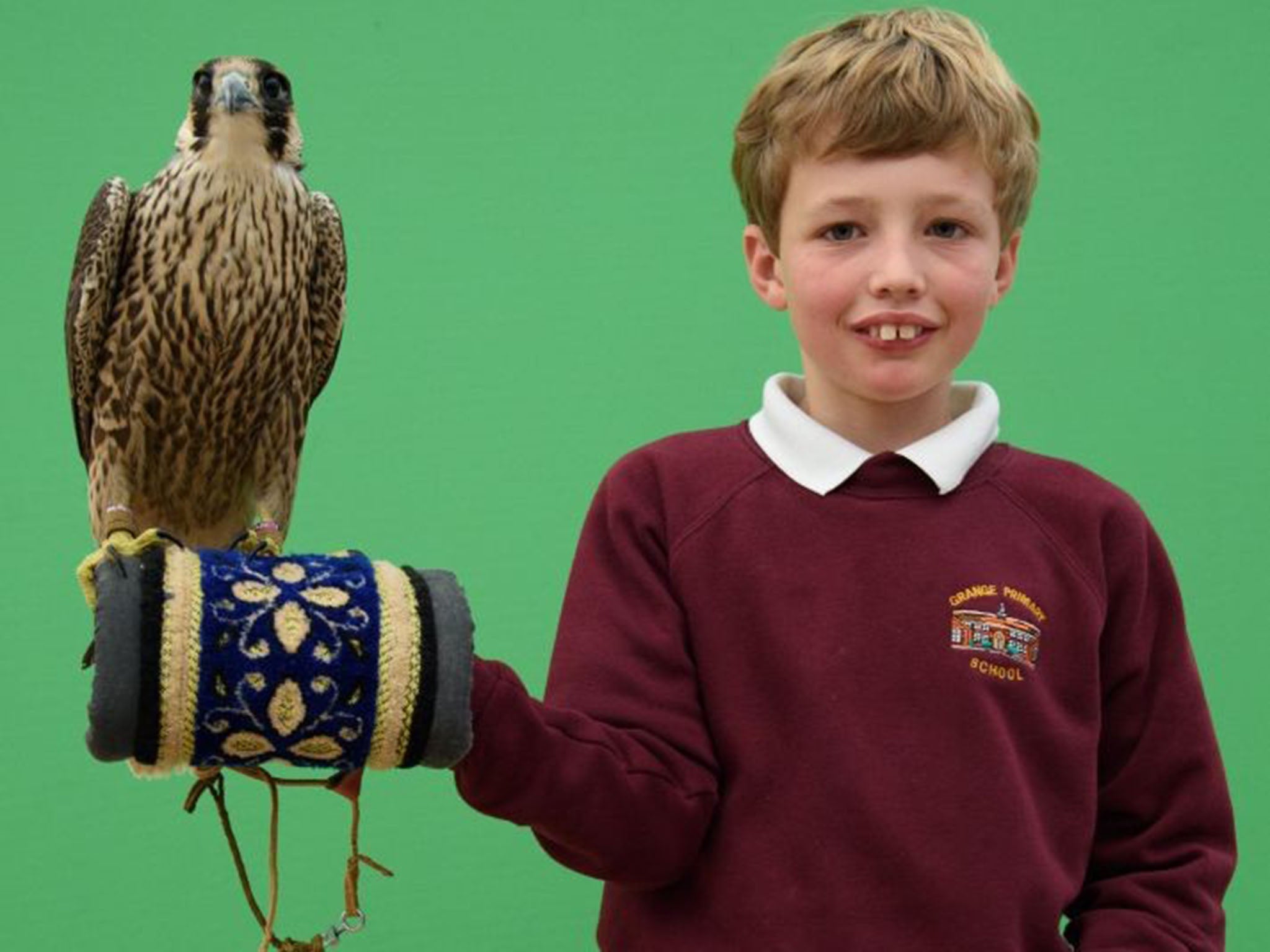
Guy Pearce, aged 10, Long Eaton, Nottinghamshire
Severe immunodeficiency disease: Guy was diagnosed with a rare genetic disorder where his immune system is virtually non-existent. He came to GOSH for gene therapy.
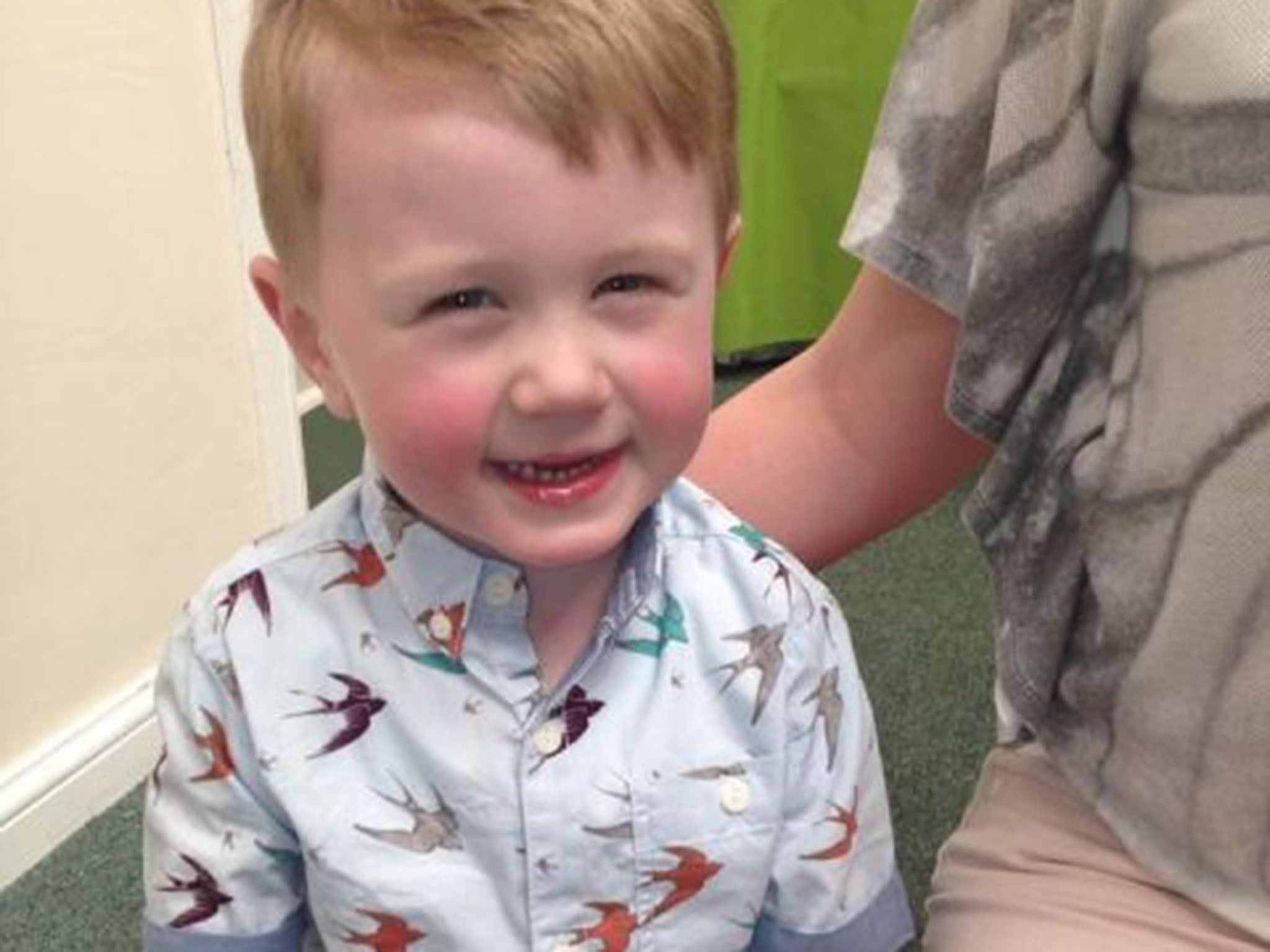
Hugo White, aged 5, Lawford, Essex
Exomphalos: Hugo turned five last week but was born with some of his vital organs outside his body. At just one day old he was transferred to GOSH for a life-saving operation to move his liver and bowel to the correct position.
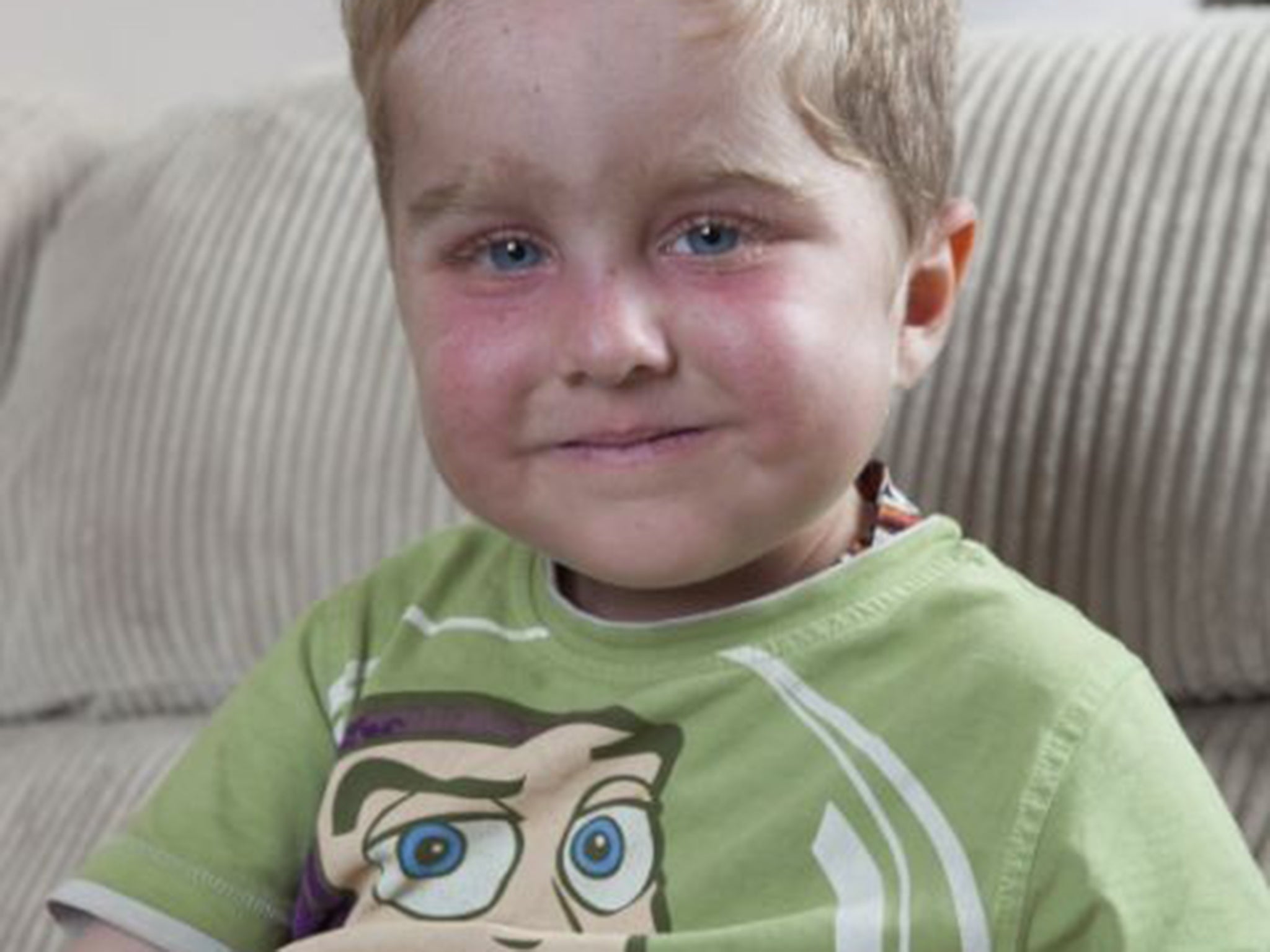
George David, aged 8, Hazlemere, Buckinghamshire
Lymphoma: George was taken from Buckinghamshire to GOSH in September 2012, after being diagnosed with lymphoma. He spent seven months at GOSH before he returned home after a successful bone marrow transplant.
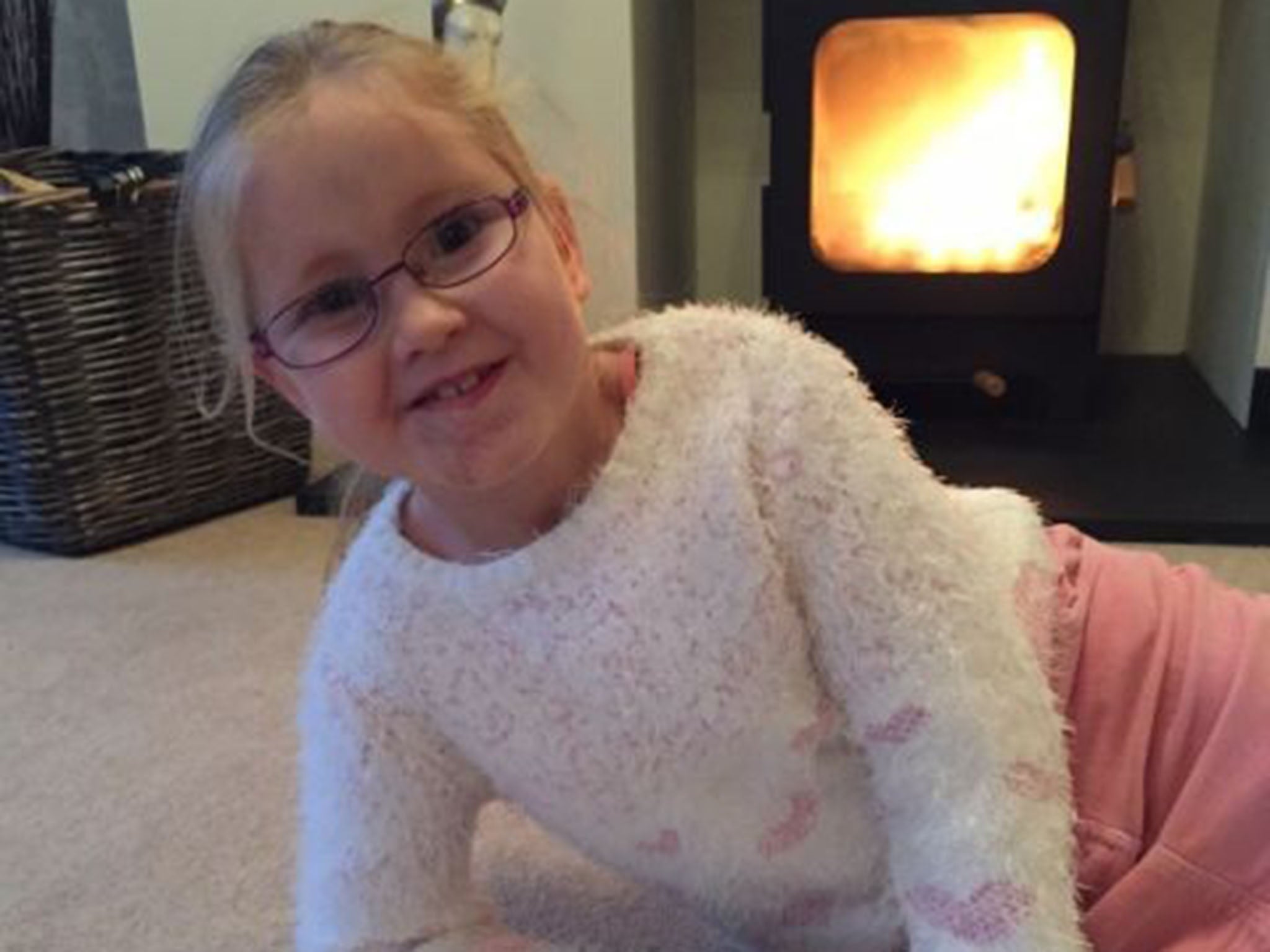
Olivia Morgan, aged 7, Magor, Wales
Vein of Galen: Olivia was born with a malformation of her great cerebral vein and was transferred to GOSH three days later. GOSH is one of only two places that perform the high-risk operation she needed.
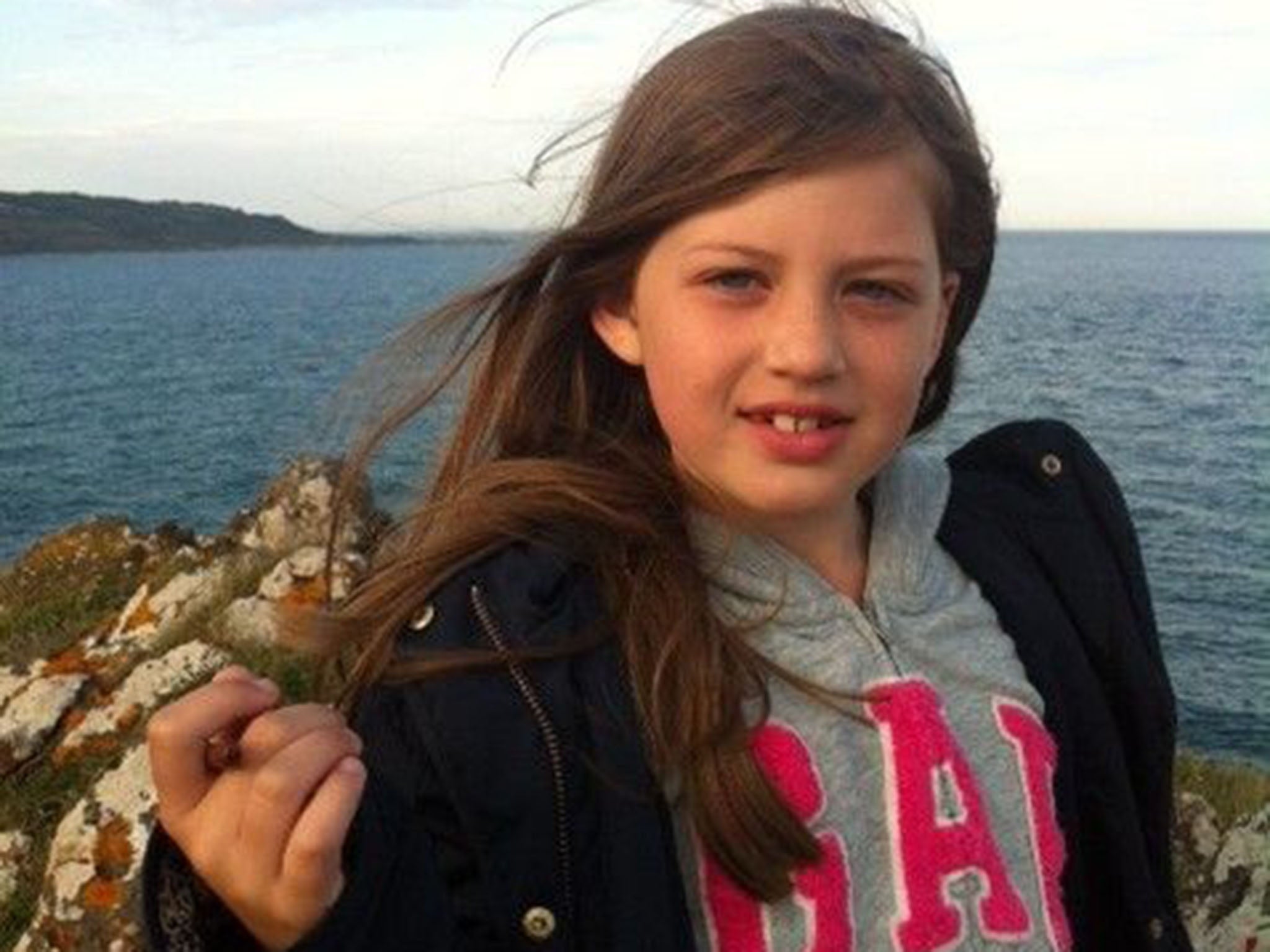
Luca Hart, aged 10, Plymouth, Devon
Meconium aspiration syndrome: Luca’s bowel opened in the womb impeding her respiratory function and she had to be flown to GOSH by medical jet. She was placed on a machine to support her heart and lungs.
To find out more about our charity auction and to make your bid, please visit www.givergy.com/charity/gosh
Join our commenting forum
Join thought-provoking conversations, follow other Independent readers and see their replies
Comments